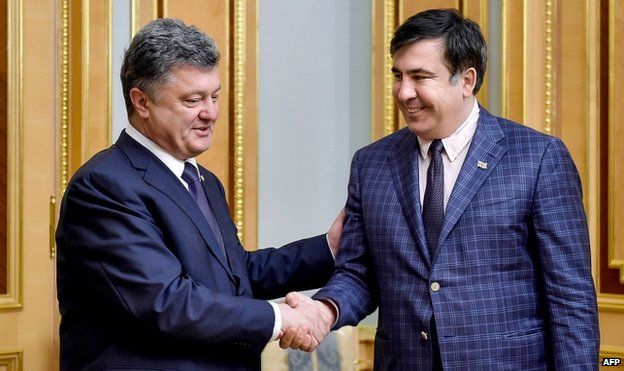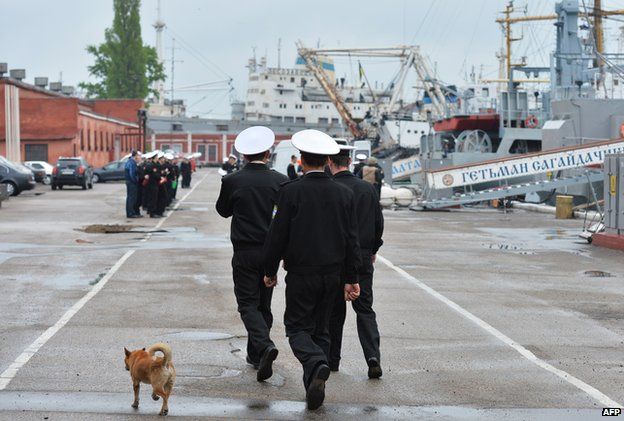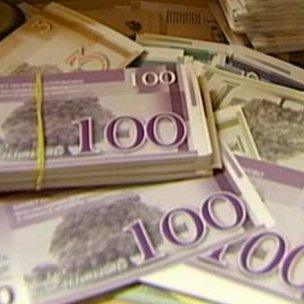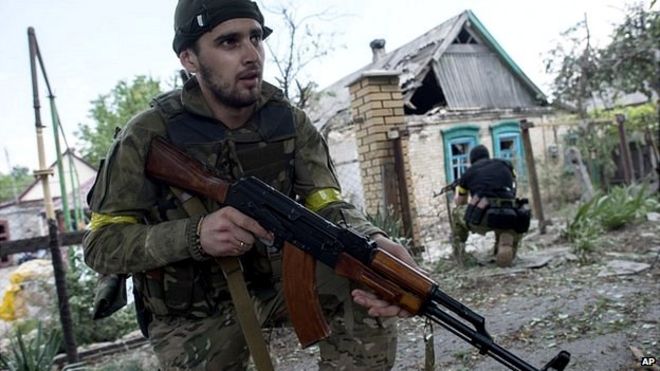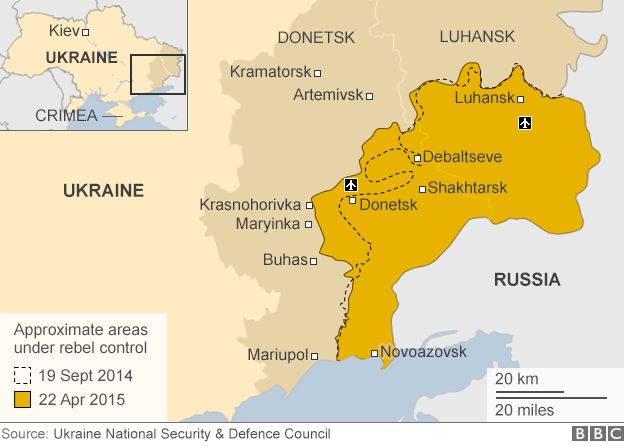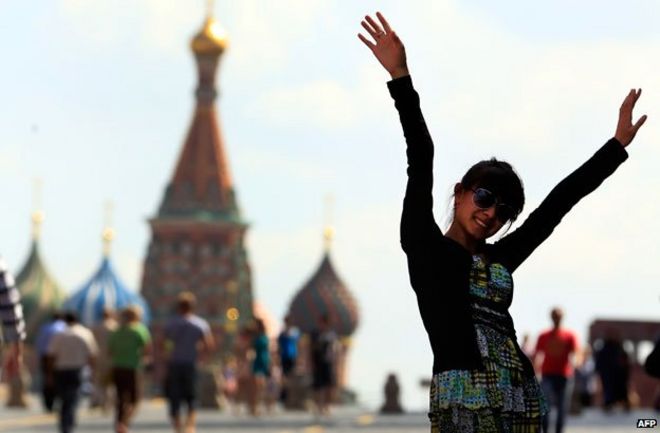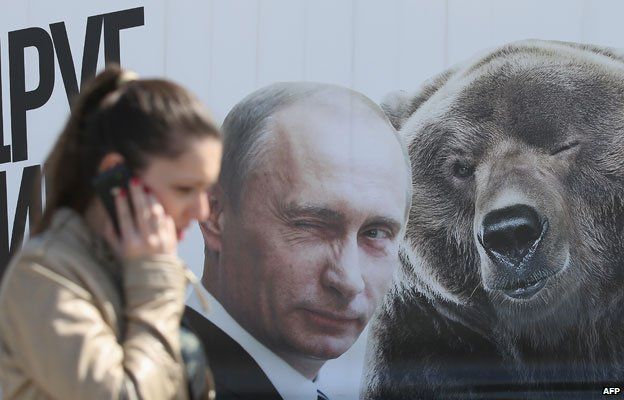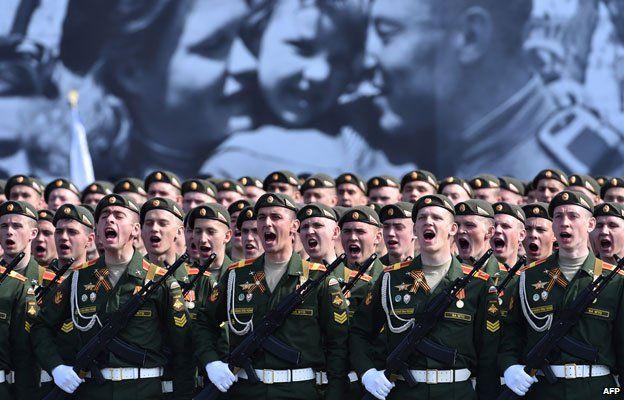88m3
Fast Money & Foreign Objects
Arms Critic Slams Attempt to Rebrand AK-47 as a 'Weapon of Peace'
By Ben Makuch
June 1, 2015 | 6:05 pm
A non-governmental organization with a track record of criticizing the global arms trade slammed Kalashnikov Group — maker of the infamous AK-47 — for a rebranding programthat portrays its assault rifles as 'weapons of peace'.
"It sounds oxymoronic, I mean the 'weapon of peace'?" said Cesar Jaramillo the executive director of Project Ploughshares, an NGO based in Canada fighting for international policies preventing war.
Project Ploughshare previously spoke out against Canada sanctioning an estimated $15 billion dollar Light Armored Vehicle (LAV) sale to the Saudi Arabian military by General Dynamics Land Systems Canada, and is continuing to keep a close watch over the global flow of weapons.
"I find that branding strategy utterly disrespectful to the undeniable, thousands, if not millions, who have died by those very weapons. It's a clever attempt of hiding that reality but I think most observers would see right through that ploy," said Jaramillo in an interview with VICE News.
In February, VICE News traveled to Russia to test out Kalashnikov's latest assault rifles and see how the company is dealing with American sanctions imposed on it and other manufacturers in response to Russia's covert support for rebels in Ukraine.
Because of that ban, Kalashnikov Group CEO Alexey Krivoruchko told Reuters that his company abandoned plans to sell to American civilian markets and, instead, turned to traditional military markets to make up for the losses.
Jaramillo explained that Russia, which is believed to be the number two conventional weapons exporter after the US, has so far refused to sign onto the international Arms Trade Treaty (ATT), thus allowing domestic companies such as Kalashnikov to continue selling war machines to controversial states like Syria and Saudi Arabia.
Besides Russia, China, another leading arms dealing nation, has yet to sign onto the international treaty, while the US signed onto the document in 2014, but has yet to ratify it into law.
Amnesty International, an organization critical of the arms trade and its links to regimes with rampant human rights abuses, said it wouldn't comment on the branding campaigns of weapons companies, but looked to national governments to prevent arms from getting into the wrong hands.
"Most deals are carried out by manufacturing and trading companies, military service providers, arms brokers and dealers, but it is governments who have a duty to protect their populations," said Amnesty campaigner Hilary Holmes in an emailed statement to VICE News.
To Amnesty, countries withholding their signatures to the ATT need to sign onto the treaty immediately.
"For states who are not yet parties: join the Arms Trade Treaty," said Holmes. "Each state must assess if there is an overriding risk that a proposed arms export to another country will be used for or contribute to serious human rights abuses, and if so those arms must not be sent."
In a glitzy ad-campaign launch in December 2014, Kalashnikov recast its classic AK models and other products not as the weapons of al Qaeda, the Taliban, the Islamic State, or Russian soldiers invading Crimea — as they've come to be known — but as a tool that gives people across the world the chance to fight oppression.
That peaceful sentiment defies images of child soldiers in Africa wielding the same AK assault rifle in a laundry list of brutal regional conflicts on the continent.
The estimated 100 million AKs in global circulation, however, weren't all made by Kalashnikov alone: some are licensed versions and others are outright knockoffs made in arms bazaars all over the globe.
At the same time, the Kalashnikov is a major engineering feat of war technology. First designed in 1947 by peasant engineer Mikhail Kalashnikov, the weapon is renowned for both its versatility and usability — precisely the reason why farmers in Bolivia or teenagers in Liberia can simply pick it up and fight for their causes.
https://news.vice.com/article/arms-...47-as-a-weapon-of-peace?utm_source=vicenewsfb
By Ben Makuch
June 1, 2015 | 6:05 pm
A non-governmental organization with a track record of criticizing the global arms trade slammed Kalashnikov Group — maker of the infamous AK-47 — for a rebranding programthat portrays its assault rifles as 'weapons of peace'.
"It sounds oxymoronic, I mean the 'weapon of peace'?" said Cesar Jaramillo the executive director of Project Ploughshares, an NGO based in Canada fighting for international policies preventing war.
Project Ploughshare previously spoke out against Canada sanctioning an estimated $15 billion dollar Light Armored Vehicle (LAV) sale to the Saudi Arabian military by General Dynamics Land Systems Canada, and is continuing to keep a close watch over the global flow of weapons.
"I find that branding strategy utterly disrespectful to the undeniable, thousands, if not millions, who have died by those very weapons. It's a clever attempt of hiding that reality but I think most observers would see right through that ploy," said Jaramillo in an interview with VICE News.
In February, VICE News traveled to Russia to test out Kalashnikov's latest assault rifles and see how the company is dealing with American sanctions imposed on it and other manufacturers in response to Russia's covert support for rebels in Ukraine.
Because of that ban, Kalashnikov Group CEO Alexey Krivoruchko told Reuters that his company abandoned plans to sell to American civilian markets and, instead, turned to traditional military markets to make up for the losses.
Jaramillo explained that Russia, which is believed to be the number two conventional weapons exporter after the US, has so far refused to sign onto the international Arms Trade Treaty (ATT), thus allowing domestic companies such as Kalashnikov to continue selling war machines to controversial states like Syria and Saudi Arabia.
Besides Russia, China, another leading arms dealing nation, has yet to sign onto the international treaty, while the US signed onto the document in 2014, but has yet to ratify it into law.
Amnesty International, an organization critical of the arms trade and its links to regimes with rampant human rights abuses, said it wouldn't comment on the branding campaigns of weapons companies, but looked to national governments to prevent arms from getting into the wrong hands.
"Most deals are carried out by manufacturing and trading companies, military service providers, arms brokers and dealers, but it is governments who have a duty to protect their populations," said Amnesty campaigner Hilary Holmes in an emailed statement to VICE News.
To Amnesty, countries withholding their signatures to the ATT need to sign onto the treaty immediately.
"For states who are not yet parties: join the Arms Trade Treaty," said Holmes. "Each state must assess if there is an overriding risk that a proposed arms export to another country will be used for or contribute to serious human rights abuses, and if so those arms must not be sent."
In a glitzy ad-campaign launch in December 2014, Kalashnikov recast its classic AK models and other products not as the weapons of al Qaeda, the Taliban, the Islamic State, or Russian soldiers invading Crimea — as they've come to be known — but as a tool that gives people across the world the chance to fight oppression.
That peaceful sentiment defies images of child soldiers in Africa wielding the same AK assault rifle in a laundry list of brutal regional conflicts on the continent.
The estimated 100 million AKs in global circulation, however, weren't all made by Kalashnikov alone: some are licensed versions and others are outright knockoffs made in arms bazaars all over the globe.
At the same time, the Kalashnikov is a major engineering feat of war technology. First designed in 1947 by peasant engineer Mikhail Kalashnikov, the weapon is renowned for both its versatility and usability — precisely the reason why farmers in Bolivia or teenagers in Liberia can simply pick it up and fight for their causes.
https://news.vice.com/article/arms-...47-as-a-weapon-of-peace?utm_source=vicenewsfb


